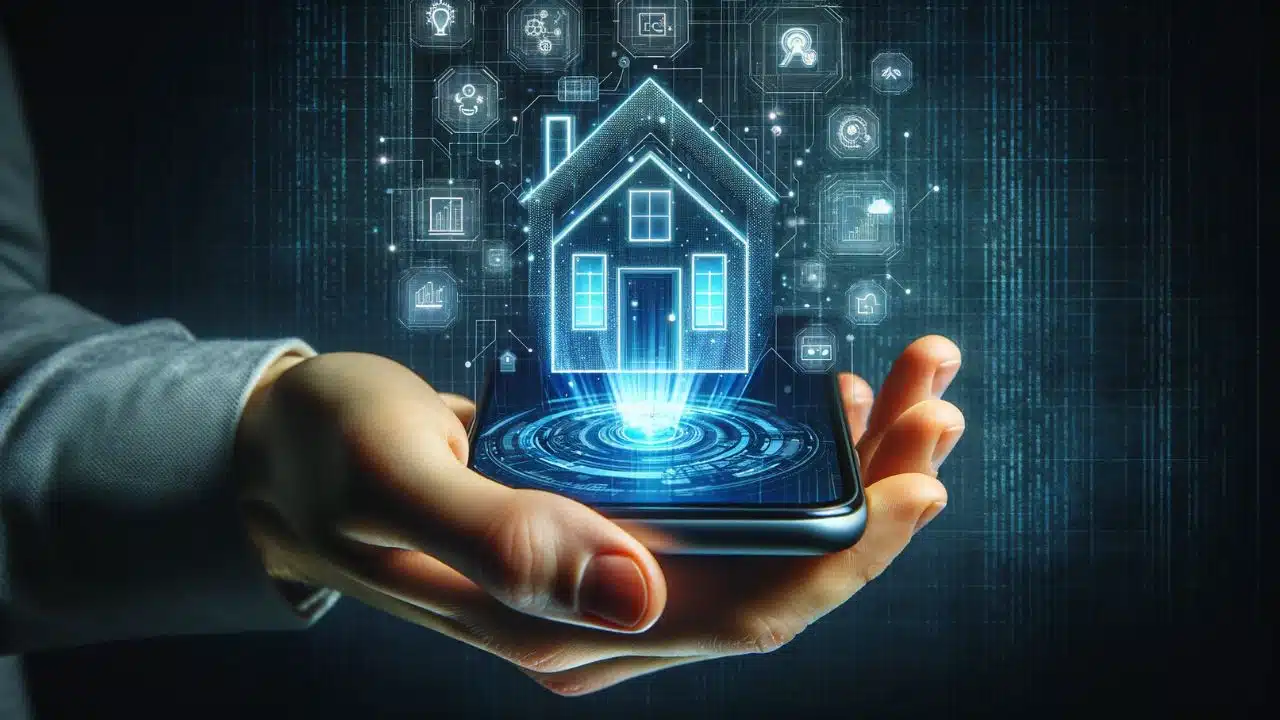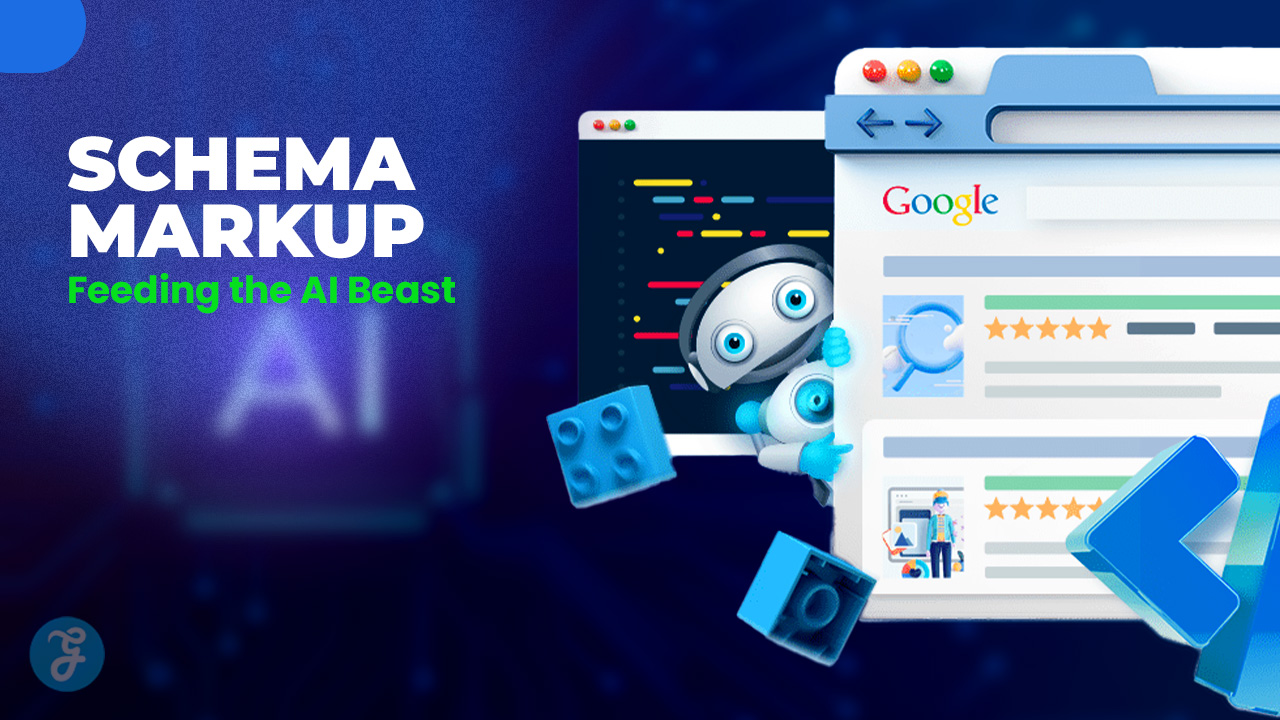Are you interested in learning about the most recent developments in the field of smart homes and how AI is changing our living environments? You’ve arrived to the proper location, then. We will delve into the intriguing field of artificial intelligence (AI) in this piece and examine how it is transforming how we interact with our houses. Artificial intelligence (AI) is changing the way we live, making our homes more efficient, safe, and convenient than ever before. Examples of this include voice-activated assistants, smart appliances, and automated security systems.
Content Highlights
- AI adoption in homes is accelerating, with global markets estimated to reach $143 billion by 2028 owing to enhanced algorithms, sensors and consumer pull.
- Personalized spaces, memory aids, predictive maintenance and emotionally intelligent assistants are some emerging AI use cases.
- Smart appliances, security systems, voice assistants and energy management are already demonstrating AI’s value.
- Developers aim to transform living spaces into nurturing, adaptive habitats from functional structures using AI over the next decade.
AI’s Impact on the Evolution of Smart Homes
Artificial Intelligence (AI) is transforming how we interact with our houses. It contributes significantly to the advancement of smart homes by improving home security and streamlining home automation. Artificial intelligence enables smart home devices to learn and adapt to our tastes over time. This means that equipment such as smart thermostats may automatically regulate the temperature based on our behaviors and tastes, creating a comfortable environment without the need for our intervention. Furthermore, AI-powered voice assistants such as Amazon Alexa and Google Assistant allow us to control many devices with a single voice command, making it easier and more comfortable to engage with our smart homes. AI also allows smart home devices to do difficult tasks like recognizing faces and distinguishing between different types of sounds, which improves security and customisation. Overall, AI adds a new level of intelligence and automation to smart homes, making them more convenient, efficient, and tailored to our needs.
Home Security
AI is revolutionizing home security systems, making them more intelligent and efficient. Homeowners can benefit from increased security and peace of mind thanks to AI-powered cameras and motion sensors. These advanced technologies can distinguish between a potential threat and benign activities, eliminating false warnings and giving precise notifications. AI systems can also learn and adapt to the behavior of homeowners, automatically modifying security settings to match their preferences.
Robotic Helpers
General-purpose home robots with computer vision, object manipulation skills and speech recognition, like Teslabot, AREA’s AR robots, Labrador, etc., can perform various household chores. They can load laundry or dishwashers, clean floors, and serve food and drinks. Users can control them via wearable rings, watches and glasses with gesture recognition instead of using speech commands.
Home Automation
In addition to improving security, AI is simplifying home automation processes. AI-powered smart homes can automatically control a variety of domestic functions, including lighting, heating, and entertainment systems. Homeowners can now operate individual devices using voice commands or smartphone apps rather than manually. AI technology facilitates smooth integration and synchronization, allowing users to build personalized routines and schedules for their smart devices. This not only saves time and labor, but also improves energy efficiency by making better use of resources.
Intelligent Thermostats and Energy Control
The introduction of smart home technology has transformed how we manage our energy consumption. One important aspect of this evolution is the introduction of smart thermostats. These cutting-edge devices use artificial intelligence to learn and react to their owners’ heating and cooling preferences. Smart thermostats can optimize energy usage by evaluating data like temperature patterns, occupancy, and weather forecasts, saving both money and resources. With the ability to be managed remotely via smartphone apps, homeowners can easily alter the temperature settings, ensuring both comfort and efficiency. Furthermore, some smart thermostats may work with other smart devices, such as occupancy sensors and smart blinds, to improve energy management capabilities.
Artificial Intelligence-driven Lighting Systems
AI-powered lighting systems are an interesting new breakthrough in the field of smart home technology. The days of manually flipping switches are long gone because these sophisticated lighting systems can change their brightness, color, and intensity on their own depending on a number of variables. These systems understand the lighting preferences of the home and make adjustments based on artificial intelligence algorithms. For instance, they can design customized lighting scenarios for various activities like reading or entertaining, or they can mimic the cycles of natural daylight to control sleep patterns. Furthermore, voice assistants like Google Assistant or Amazon Alexa can be linked with AI-powered lighting systems, enabling users to control the lights with straightforward voice requests. Artificial intelligence-powered lighting solutions are not only convenient but also eco-friendly due to their configurable features and energy-saving capabilities.
What Does the Future Hold?
AI is anticipated to be integral for future smart homes rather than just value addition as houses transform into adaptive, intuitive habitats catering to dwellers’ welfare beyond basic needs.
As AI research allows mimicking human-like thinking and emotions for machines, homes could become more alive and interactive, like J.A.R.V.I.S. from Iron Man or Rosie the robot maid from The Jetsons. General wellness, from mental health to physical safety or social connectedness, can be enhanced inside living spaces instead of just increasing operational ease and efficiency.
Home construction may also become highly automated using techniques like 3D printing or robotic prefabrication, with modular smart infrastructure integrated upfront rather than ad hoc additions later. AI and ML will work in the background continuously to optimize resource usage, electronically self-heal minor system faults rapidly without human intervention, and even reconfigure spaces automatically to match changing household priorities.
With global investments in excess of $150 billion over the next 5 years focused on connected, intelligent living spaces, AI promises to redefine the ‘home’ itself as the market matures, moving beyond pioneering deployments. Home is poised to evolve as an empowering, caring ecosystem that supports human inhabitants to lead enhanced, more fulfilled lives in symbiosis with ubiquitous, ambient technology woven seamlessly into the very bricks and mortar.
Takeaway
I sincerely hope you liked learning about this intriguing topic and discovering the world of AI-powered smart homes. Artificial Intelligence is becoming more and more integrated into our daily lives as technology develops. Seeing how smart homes are developing and the efficiency and convenience they offer to homes throughout the globe is incredibly thrilling.
Frequently Asked Questions (FAQs)
Here are some common queries regarding AI’s impact on future smart homes:
How is AI improving smart home security?
AI allows smart security systems to detect threats better by analyzing real-time and historical data patterns. Algorithms can differentiate between authorized and suspicious persons, vehicles or activities to alert homeowners about possible burglaries or send emergency assistance notifications faster before actual harm occurs.
Which companies are leading innovation in AI-powered homes?
Major corporations investing in R&D and new products for AI-driven automated, connected living spaces include Google, Amazon, Apple, Microsoft, IBM, Samsung, Hitachi, Siemens, GE, Bosch, Schneider Electric, Johnson Controls, Honeywell, Panasonic and Sony, besides various AI-focused startups that get funded by these large players.
What are the risks associated with AI-based smart homes?
The integration of AI increases reliance on consistent internet connectivity and electricity supply. Technical glitches or hacking attacks can threaten safety and lead to the compromise of sensitive user data or surveillance threats. Users may also feel an occasional loss of control over autonomous appliances and utilities in their own private spaces.ience.







































